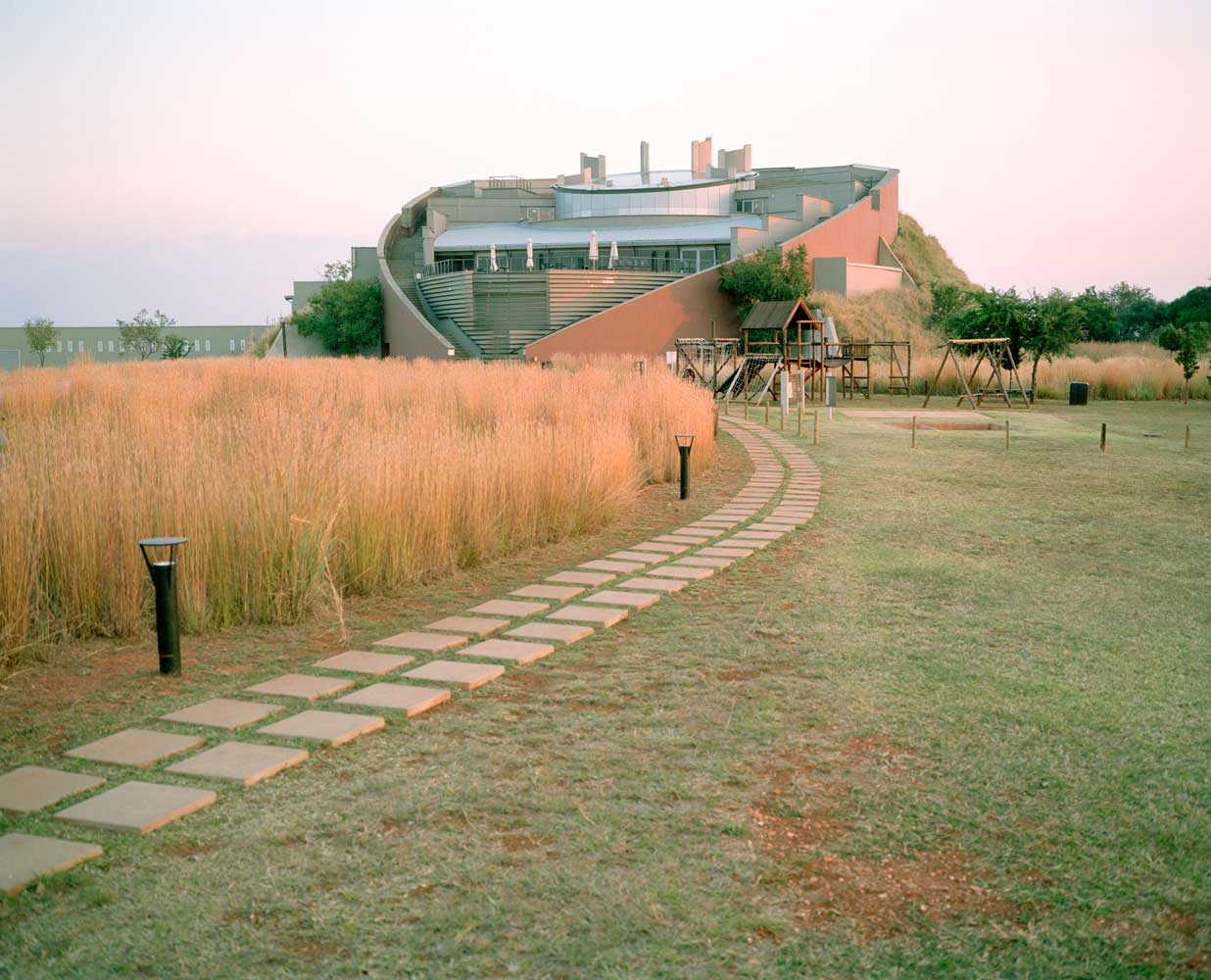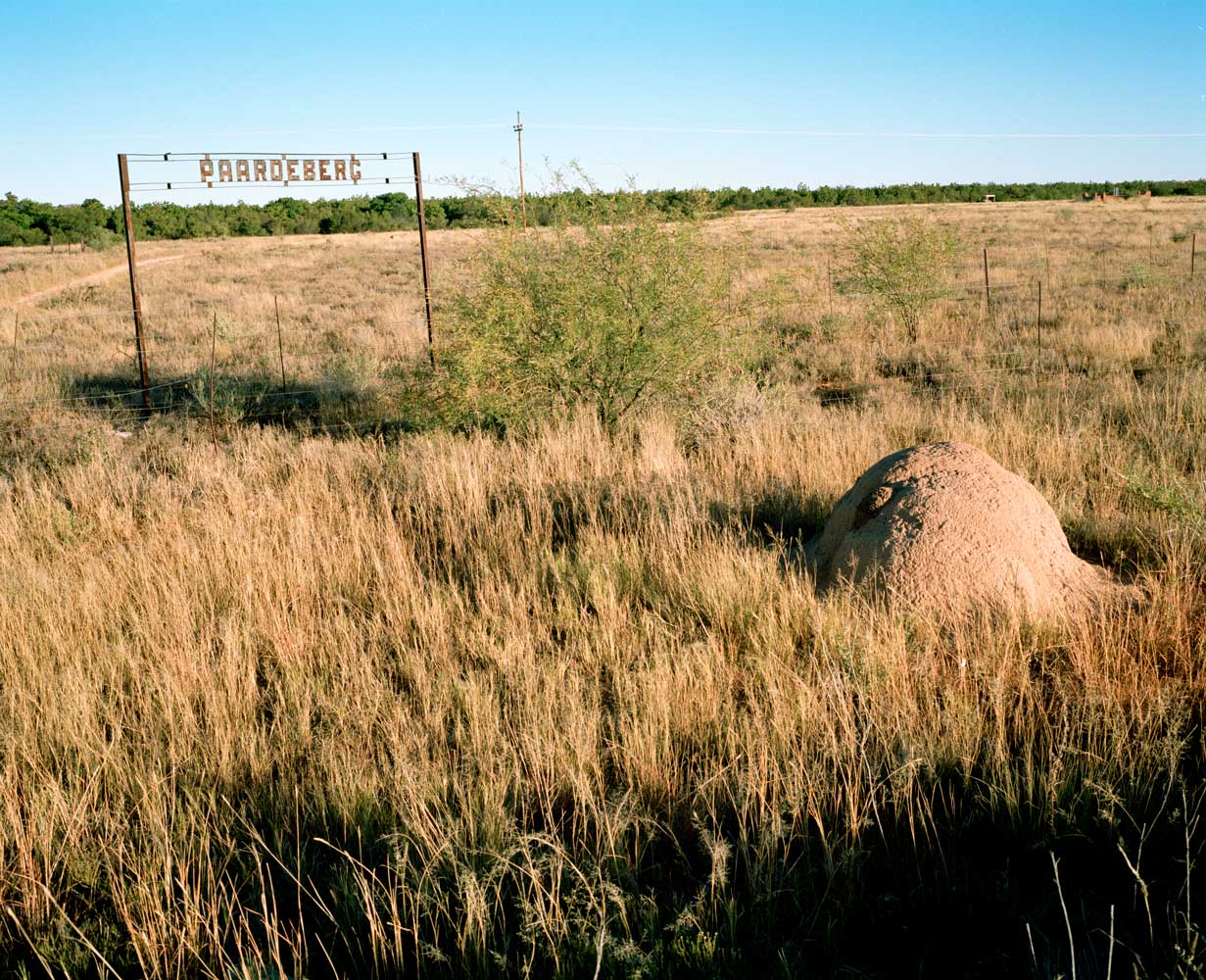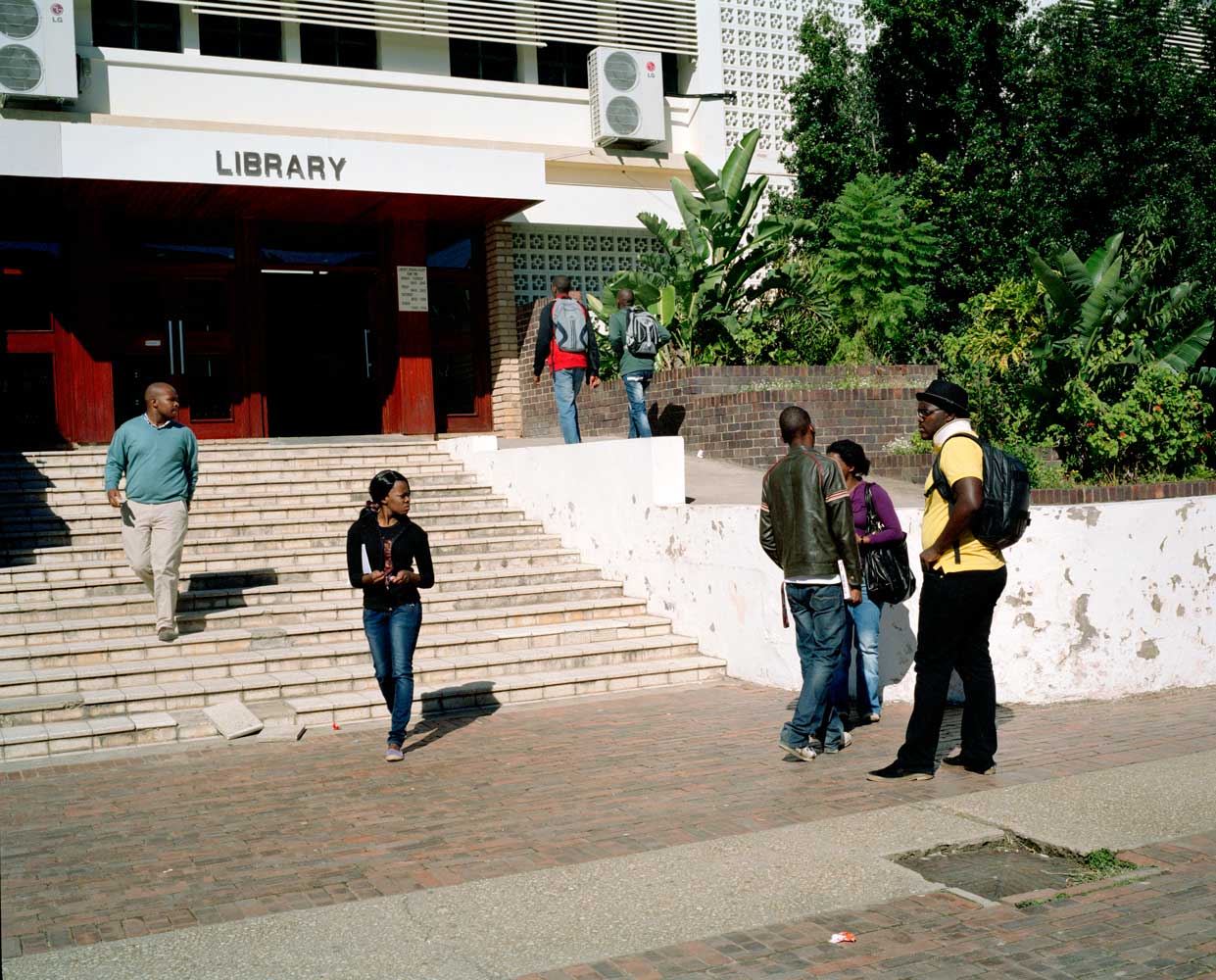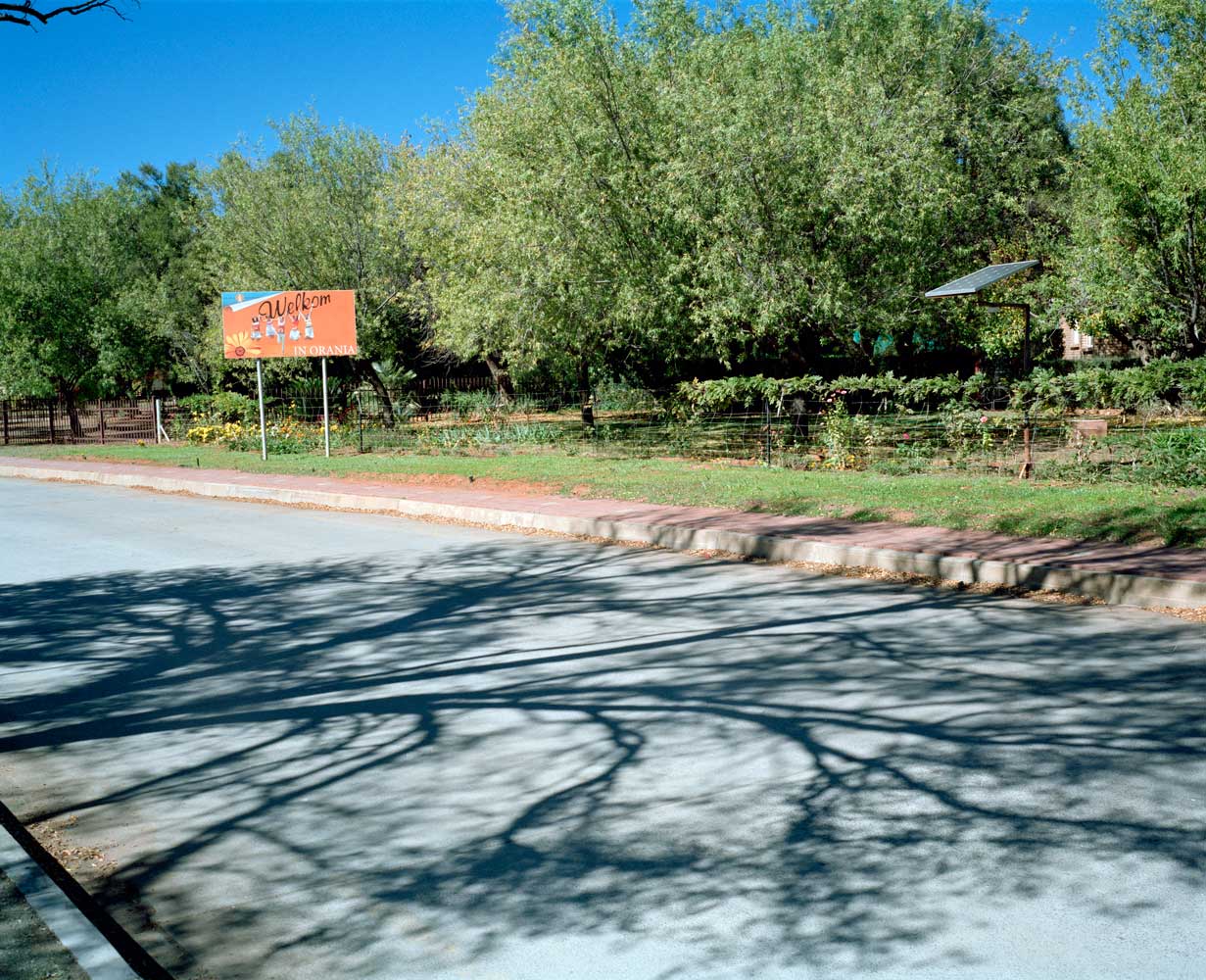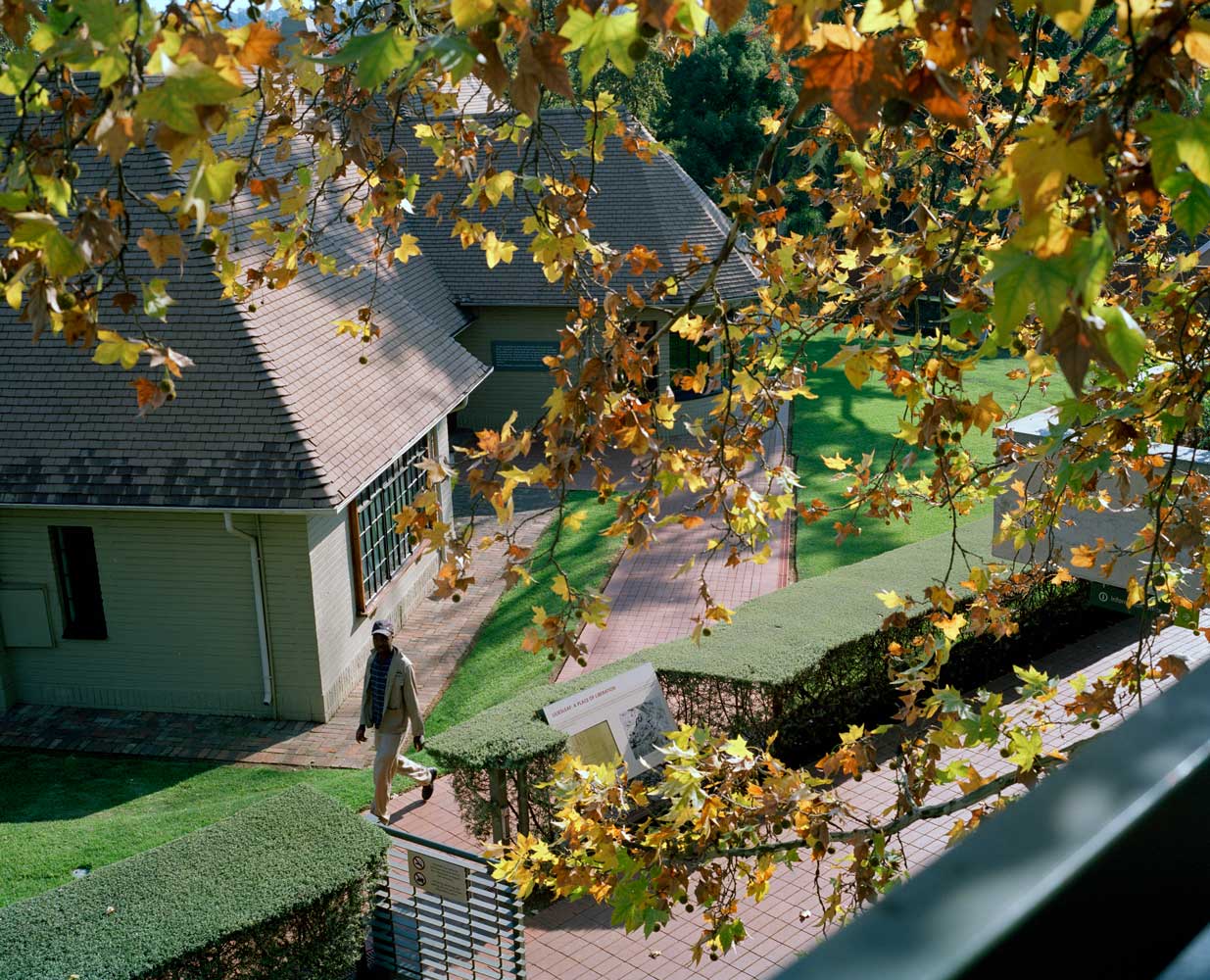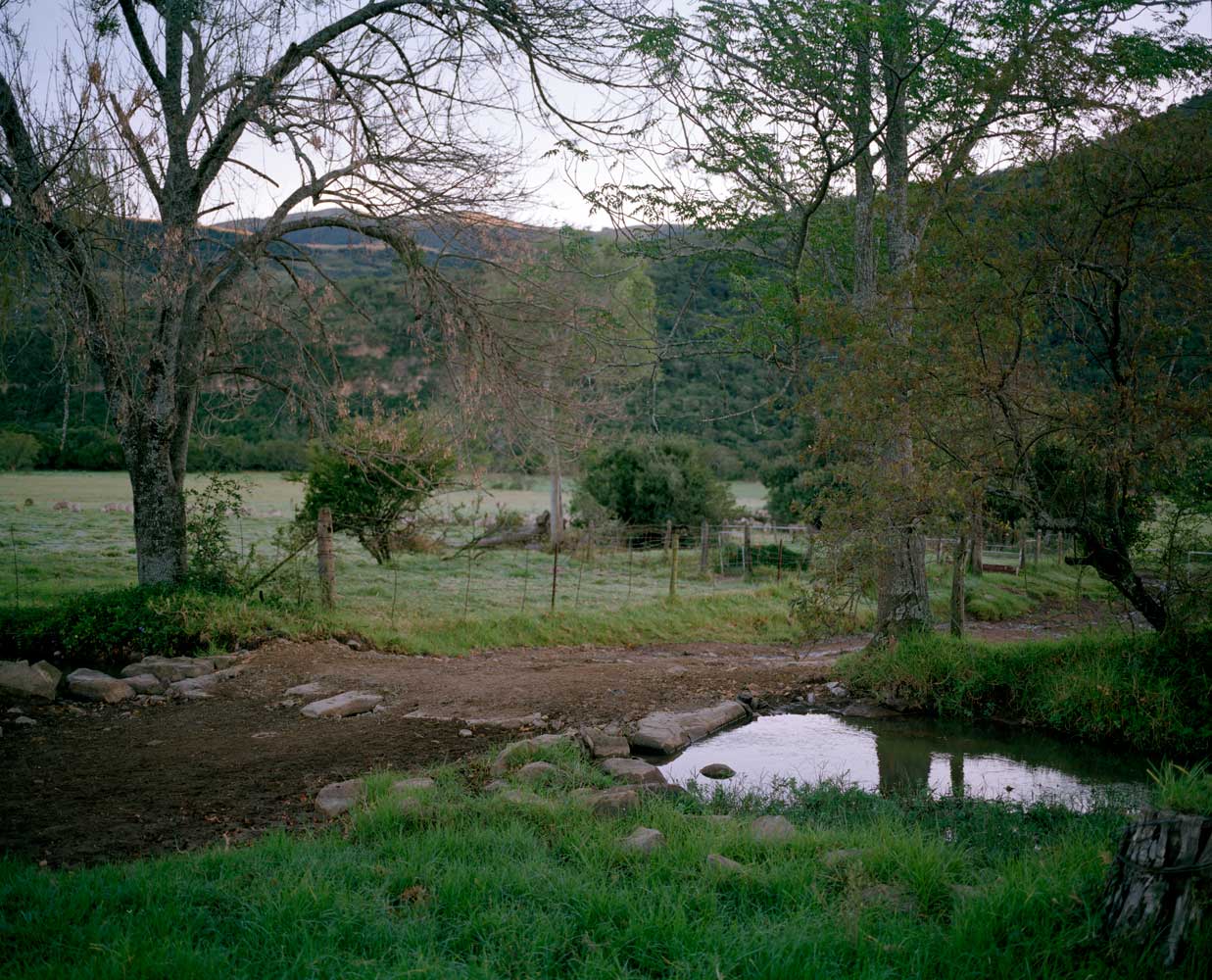“I resisted including South Africa in this project for a long, long time.
Over the years, when people asked about my work — and heard the words “reconciliation” and “Africa” come out of my mouth — they almost always leapt to the same conclusion without hearing another word: “Oh, you mean like the Truth and Reconciliation Commission in South Africa?”
No, I would say, not really. I’m looking at traditions and attitudes deeply embedded in African culture — like mato oput in Uganda, or fambul tok in Sierra Leone. The TRC of South Africa? I didn’t think it fit.
As time went by, however, I began to re-think my work. I arrived in South Africa in May 2013, and listened to what South Africans, black and white, had to say about the truths that had been told at the TRC hearings, and about the reconciliation which had yet to happen. And I found myself drawn to the land — and the landscapes — of South Africa.
I looked for historical sites where memories still lingered of events that had defined the country’s past — and thus helped shape its future, sites of black and white history that in many ways linked the two groups in ever-evolving ways as passing years created new histories. I found battlefields, graveyards, monuments, memorials, new beginnings and old sorrows, each a wordless testament to a country still struggling to become its best self.
The land, in fact, is where much of the story of South Africa has always played out — from the early displacement of blacks by whites seeking new destinies, to the discovery of diamonds, to bitter battles, to legislation passed 100 years ago by whites that deprived blacks of land ownership in all but marginal sections of the country (legislation that was overturned by the post-apartheid government). And land is where much of South Africa’s story continues to play out today — from the discovery of mineral deposits on communal lands and secret deals between mining companies and tribal leaders, to continued battles over land restitution claims resulting from the apartheid era.
“Each one of us is intimately attached to the soil of this beautiful country,” Nelson Mandela said in his inaugural speech in 1994. He understood perfectly that the land of his beloved South Africa was inseparable from the identity, the hopes and dreams, of its people.
These are his landscapes, the landscapes of South Africa’s memory — the landscapes of its future.”



